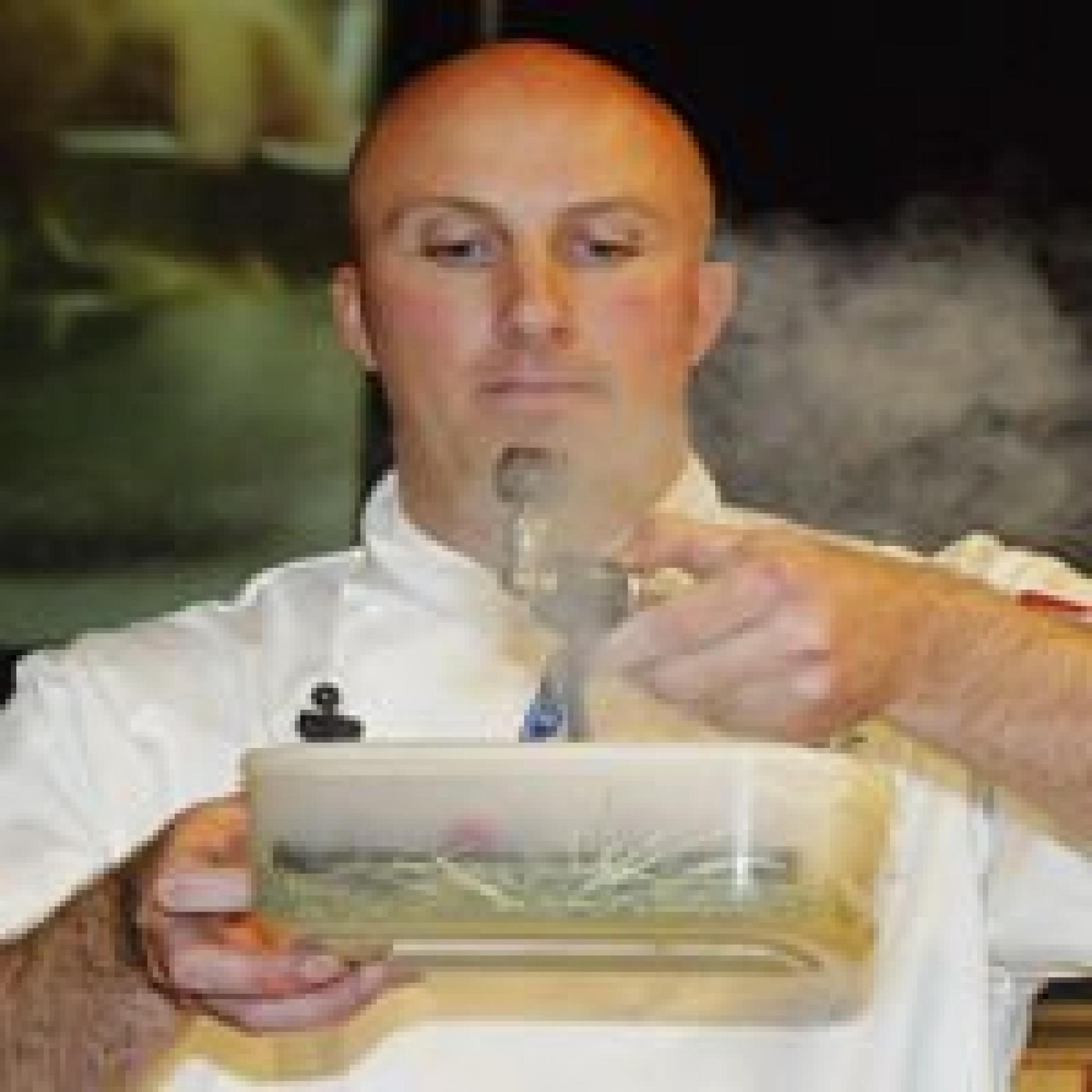
August 2007: Skills for success
Prue Leith, well known in the industry for her work within the areas of food, catering and education, opened the Skills for Chefs conference.
As chair of the Schools Food Trust, Leith is responsible for overseeing the implementation of legislation for improving school food and on day one of the conference she spoke passionately about changing the culture of food for people in Britain starting when they are young.
She called upon all the delegates present to do their bit to help give children the practical skills and knowledge of food, by urging them to get involved in a new after school club scheme organised by the School Food Trust.
Scott Antony, chair of the British Food Trust, led a debate on the Applied Ability Awards scheme. The panel included: Graham Crump, executive chef of the University of Warwick; Lee Maycock representing the Craft Guild of Chefs; and Arwyn Watkins representing the Welsh Culinary Federation. Many felt that the scheme had a role to play in developing chefs working within the industry without qualifications. In addition the scheme was also available for the post college development of chefs.
Making his debut at the conference, Marcus Wareing was the first chef to use the kitchen specially built for the conference by Enodis. He prepared two dishes that are featured on the menu at his Petrus restaurant – pan fried quail, spring onion fondue, pickled carrots and nutmeg; and braised halibut with artichokes, truffle purée and confit potato.
Mick Burke and Neil Taylor from Sheffield College in a session called “classical innovation” recreated traditional dishes with a very modern twist – braised osso bucco of pork in maple syrup, scampi provençale with parmesan risotto, and pavé of white chocolate and Grand Marnier mousse, bitter chocolate cream with snow egg.
Andrew Bennett of the Sheraton Park Lane hotel and Ralph Porciani from the Turnberry Resort, who attended the first conference 10 years ago, gave an insight into the developing role of the executive chef. Both chefs are employees of “Starwood” and their roles have recently changed from executive chef tochef and beverage manager, and they are now responsible for all aspects of beverage service in addition to food production. This was seen as a dramatic change to what is the norm across the industry and raised questions about how the management skills of chefs will be developed in the future.
America's Johnson & Wales University's Charlotte culinary team showcased its skills and confidence led by associate instructor Mark Allison. Each team member was given the opportunity to shine by creating dishes that had helped them win many culinary competitions. These dishes included: Tamper Bay style tuna tartare, pope berry terrine vine ripened tomatoes with mozzarella and brioche, vegetable pearls and micro greens, and shrimp and grits with beurre blanc sauce.
Later it was the turn of Johnson & Wales instructor Fred Tiess to take centre stage when he created a spectacular ice carving in under 20 minutes using chisels and chainsaws. This was followed by a number of delegates having a go at the skill.
On day two the first chef in the kitchen was Willie Pike, who also appeared at the first conference. He explained that over the last 12 months he had generated an extra £50,000 of revenue for the Costly Hotel Group by hosting demos for the amateur enthusiast. He then created dishes using ingredients that are widely available in supermarkets.
For the first time the event highlighted the role of the development chef. Representing the Food Development Association, Griffith Laboratories' European culinary director John Feeney shared his knowledge and showcased a number of culinary gadgets he had gathered from his trips abroad including grilling papers and a smoking gun, plus a variety of dishes.
One product he believes will take off within foodservice and retail is fruishi – a concept based on sushi but using vegetables and fruit in both savoury and sweet formats. He prepared a fruishi platter with Ying Yang dipping sauces and green tea, Yuzu ice cream. Using the smoking gun he prepared cold smoked duck salad on fennel, apple slaw and blackstick blue grit chips with an acai, raspberry and chipotle splash.
Next in the kitchen was Daniel Galmiche from the Cliveden Hotel in Taplow, Berkshire. His dish from his Michelin star restaurant used diver caught scallops and asparagus prepared in three different ways – pan roasted scallops with asparagus purée, dry asparagus and light butter sauce with summer truffle served with a shot glass of asparagus and milk foam.
Andy Cuthbert, executive assistant manager of the Emirates Tower Hotel in Dubai, brought an international flavour to the conference. He talked about his responsibility for outside catering events on a grand scale including some awe inspiring ones on remote islands and in the desert.
Pork was the theme of the session headed by Keith Fisher, Richard Fagan and Viv Harvey from the British Pork Executive. It focused on how chefs could work with pork to produce great results using slow cooking methods, and in particular using water baths with various cuts of pork.
The final demo of the conference was delivered by Michael Caines, whose exciting dishes including honey roast Cornish duckling with cabbage and smoked bacon, the dish he created for the Great British Menu competition featured on BBC2.
